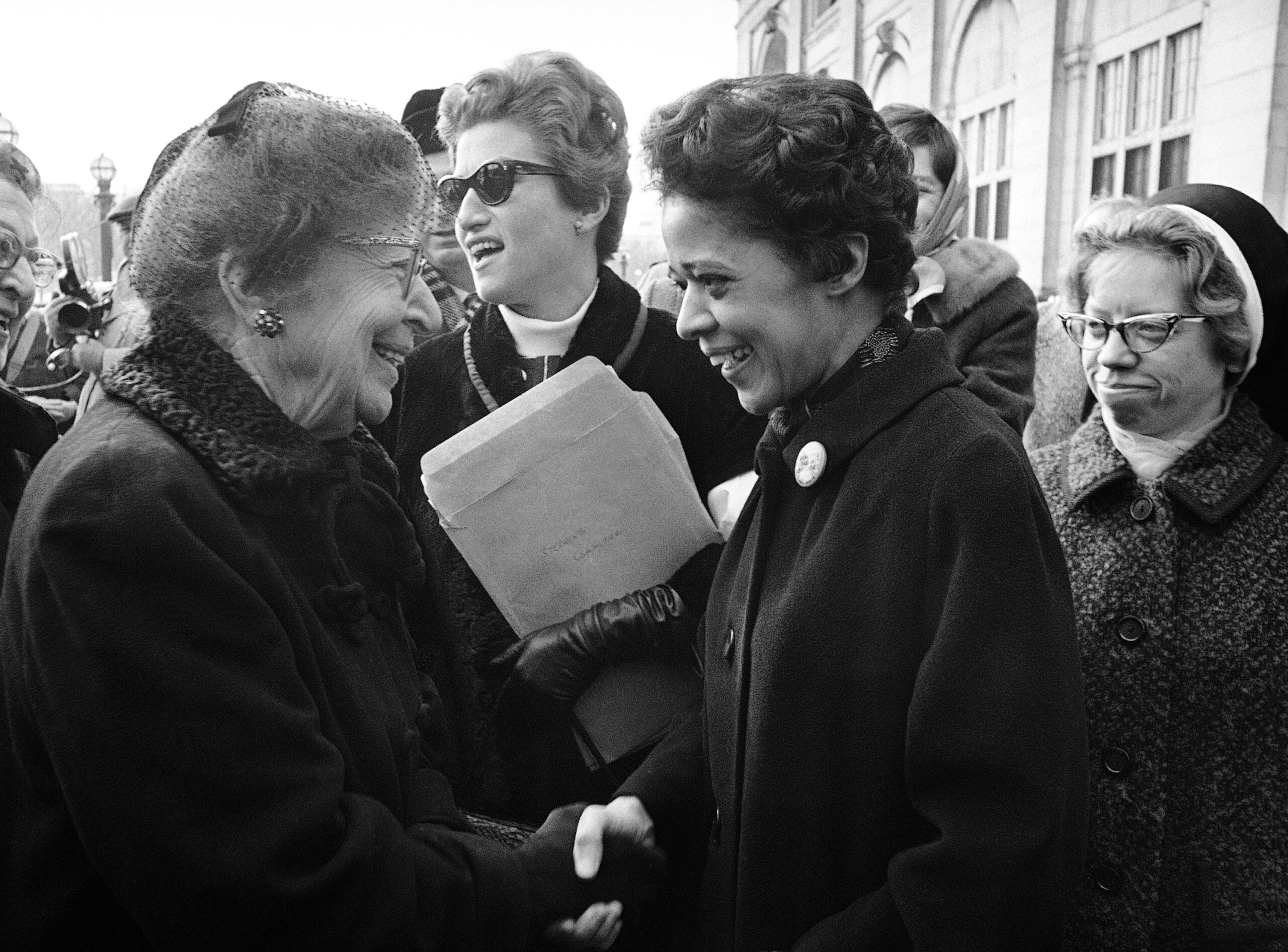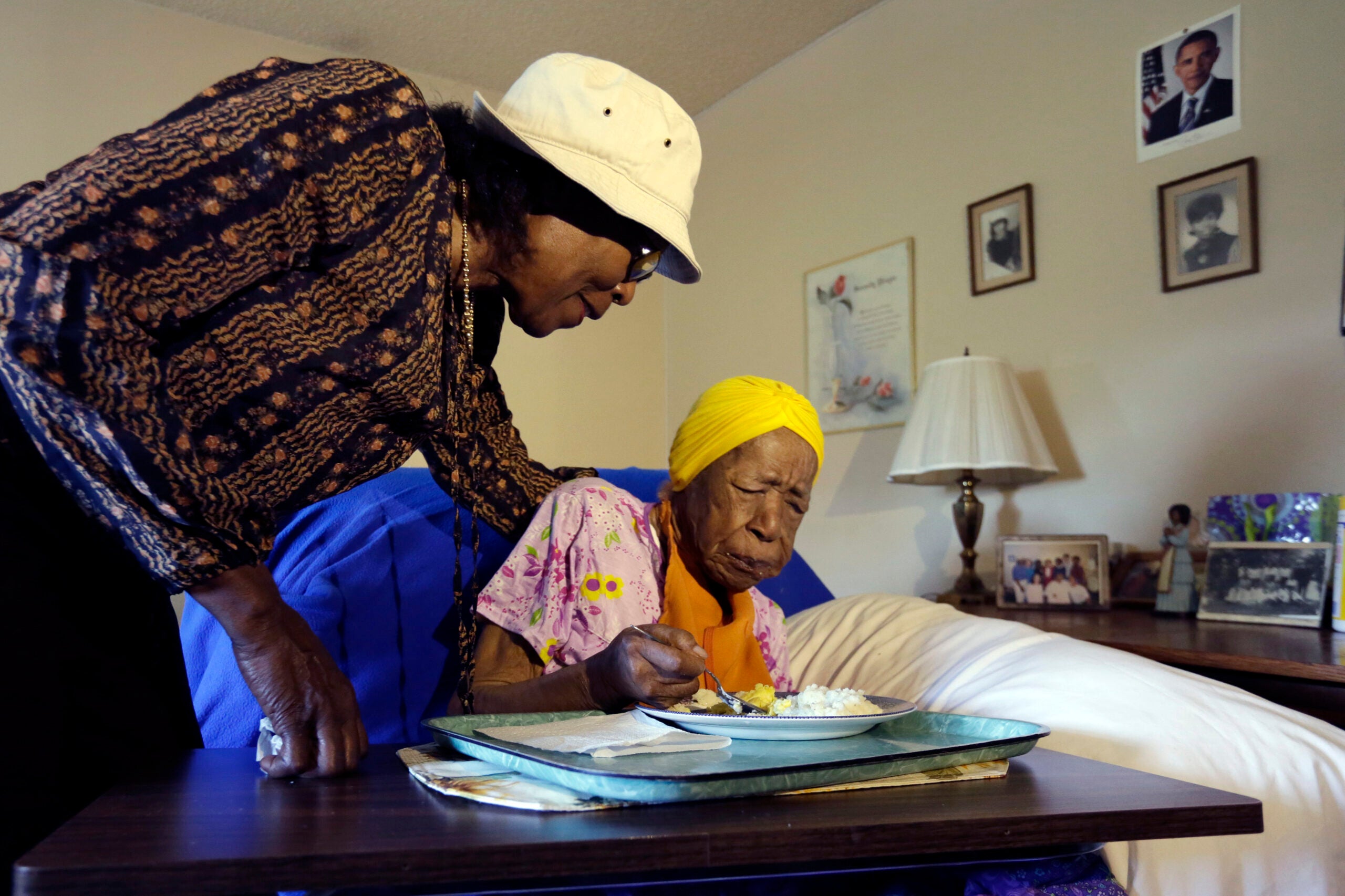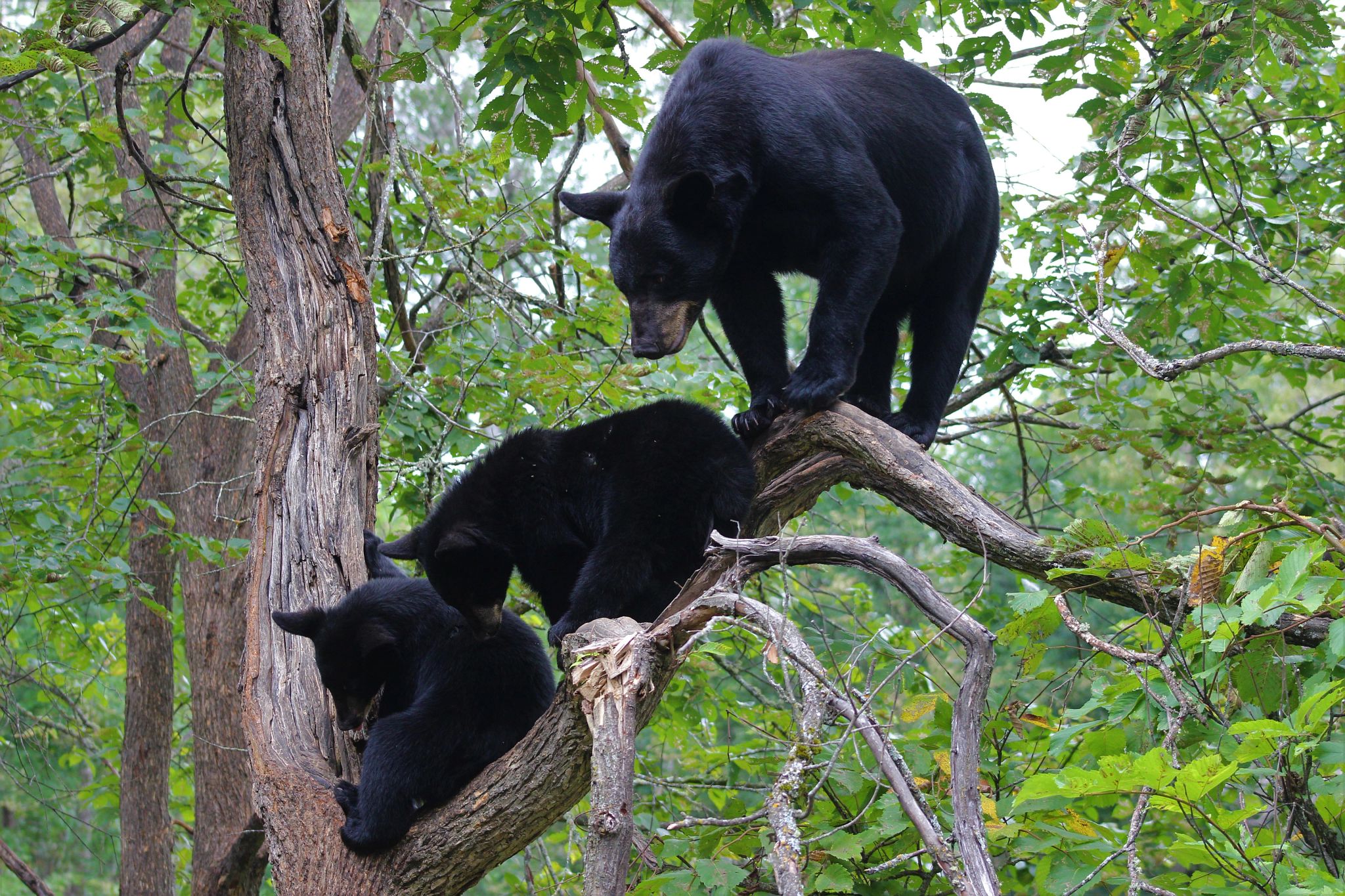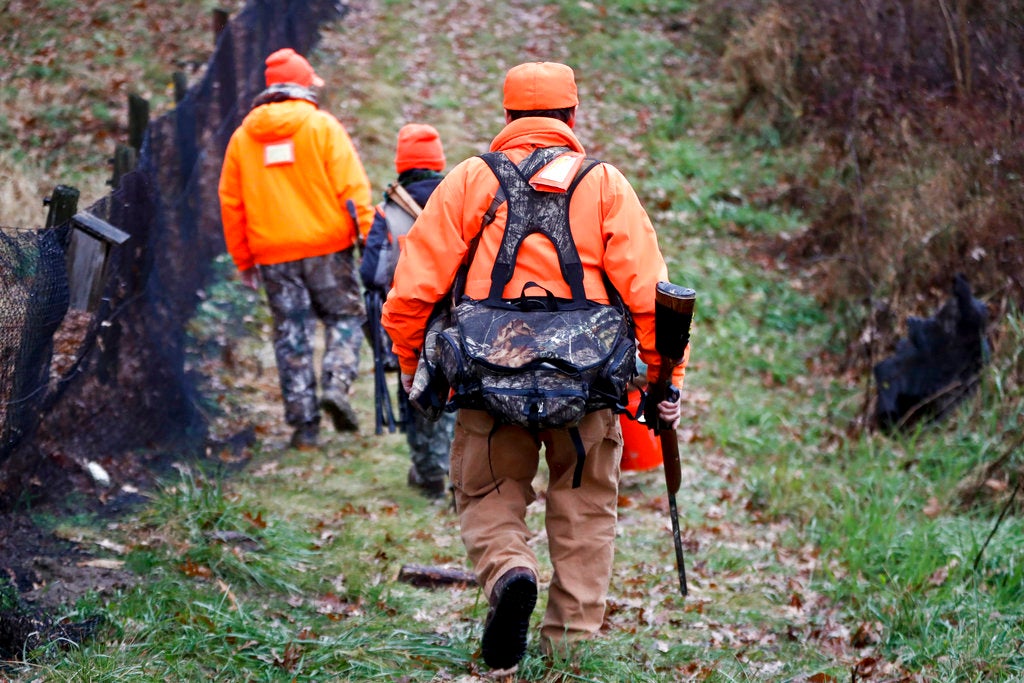Black bears in Wisconsin are showing up more often outside of their traditional areas. We find out what’s causing the spread and what’s important to know in case we encounter a black bear. We also talk with an historian about the big picture of race, racism, and civil rights in America today.
Featured in this Show
-
Black Bear Range Expanding In Wisconsin
Black bears in Wisconsin are more frequently being seen outside their traditional range. We look at the implications and consequences of that expanded range, and what residents around the state need to know about the species.
-
Black Bears Moving Farther South In Wisconsin
Wisconsin’s black bear population is expanding south.
There have been more sightings of black bears farther and farther south in Wisconsin over the past decade, says Jeff Pritzl, the northeast district wildlife program supervisor for the Wisconsin Department of Natural Resources.
“I’ve watched the line of awareness move south from Highway 64 down to Highway 29, and now it’s even moving down toward Highway 10 near Appleton,” he said.
Black bears are widespread throughout the United States, including all the way down through the Gulf Coast and the southwestern part of the continental U.S., Pritzl said.
“They’re not obligate to being a northern species by any stretch,” Pritzl told WPR’s “Central Time.”
In Wisconsin, the southward expansion is more drastic in western Wisconsin.

Black bear population status and distribution. Map courtesy of the Wisconsin Department of Natural Resources.“On the west half of the state they’ve moved all the way down into the southwest corner, just because the habitat is a little bit more suitable,” Pritzl said.
The population expansion is primarily due to habitat improvement and an increase in available food sources, he said. For black bears, that means moderately forested landscapes where they can forage for nuts, berries and other vegetation, although they also eat certain agricultural crops such as corn in the milk stage of growth.
Humans and bears sharing space isn’t a problem. Just be sure to take precautions like cleaning your grill regularly, only putting out small amounts of birdseed at a time and keeping compost far away from your house, Pritzl advised.
“We can cohabitate on the landscape with bears, we’ve done it for a long time. People up north do it and it’s really no big deal, but in the southern part of the state a bear may still be newsworthy,” he said.
The black bear population in Wisconsin peaked in 2010, with more than 30,000 in the state. The population has since been controlled as a result of adjusted hunting regulations that allowed more permits and a greater harvest, Pritzl said.
“Now, we’re trying to find what’s that good balance, where we’ve got a good vibrant bear population in the state, but not to the level where it’s just causing excessive problems,” he said.
-
Department Of Homeland Security Reverses Course On Allegations Of Elections Hacking From Russians
The U.S. Department of Homeland Security changed course on Tuesday after announcing last week that Wisconsin was one of 21 states targeted by Russians hackers during the 2016 election. Now, the agency is claiming that Russian hackers attempted to access a different state agency altogether. We speak with Patrick Marley of the Milwaukee Journal Sentinel about the news.
-
Race, Racism And The Unfinished Business Of The Civil Rights Movement
From recent events in Charlottesville, Virginia, to NFL arenas aroudn the country, race has been a much-discussed topic in recent weeks. Our guest historian takes stock of race and racism in America today, along with the legacy of the civil rights movement.
Did you live through the earlier civil rights movements? How would you compare what is going on today with those events? Are you African-American? What are your greatest frustrations, and hopes, for race relations in 2017?
Let us know by emailing ideas@wpr.org
You can also contact us here:
Tweet: @centraltimewpr
Facebook: https://www.facebook.com/theideasnetwork/Call during showtime: 1-800-642-1234
Episode Credits
- Rob Ferrett Host
- Veronica Rueckert Host
- Chris Malina Producer
- J. Carlisle Larsen Producer
- Veronica Rueckert Producer
- Jeff Pritzl Guest
- Patrick Marley Guest
- Timothy B. Tyson Guest
Wisconsin Public Radio, © Copyright 2024, Board of Regents of the University of Wisconsin System and Wisconsin Educational Communications Board.




